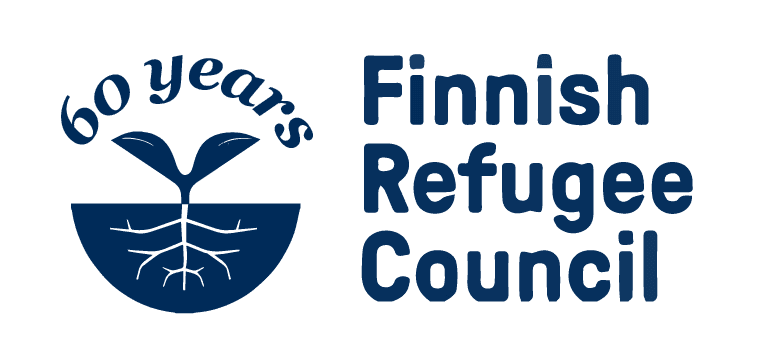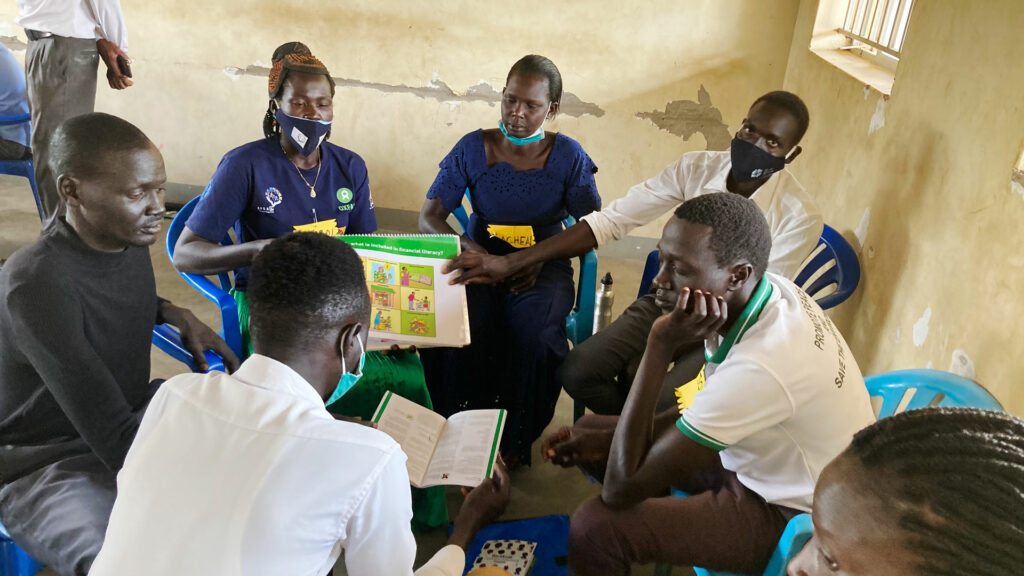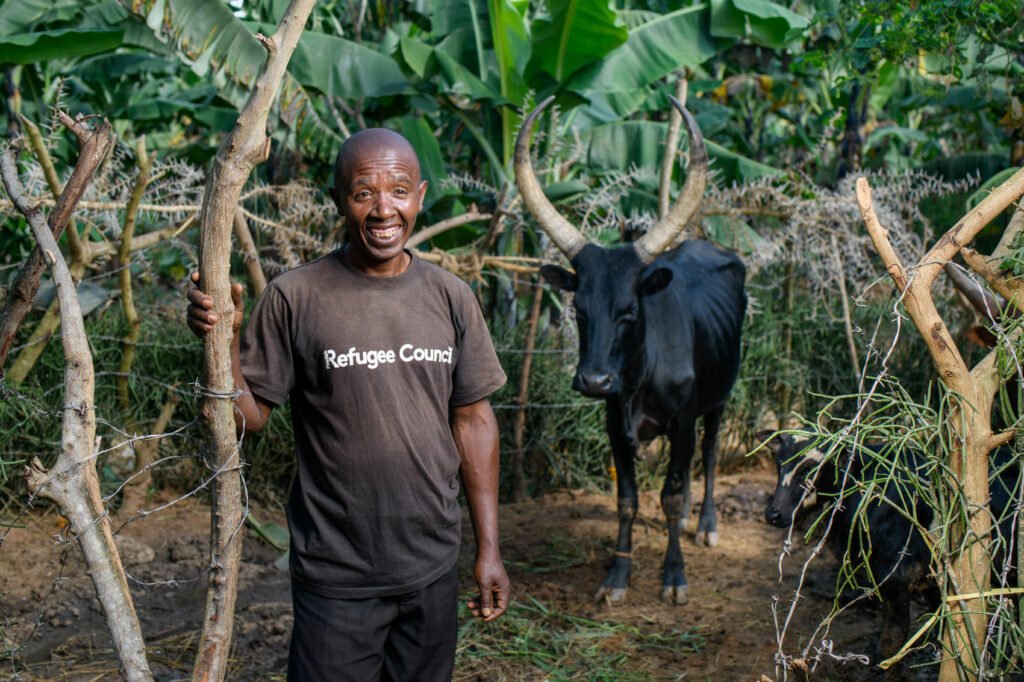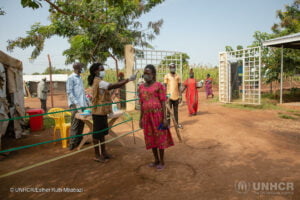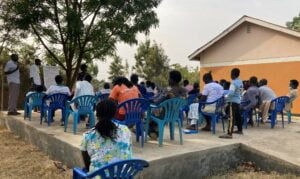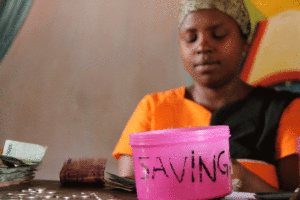According to World Food Programme’s (WFP) estimation, 270 million people are suffering the lack of food resulting from poverty or are in great danger of living in hunger. Amongst the operating countries of the Finnish Refugee Council, the difficult situation is especially visible in Uganda. According to the Ugandan authorities and the UNHCR, households’ economic vulnerability rose from 45 percent to 72 percent during the year 2020.* This was mostly attributed to the COVID-19 pandemic which greatly weakened food security, as small-scale businesses that are common amongst the refugees suffered from COVID-19 prevention restrictions.
WFP offers food assistance in cash in Uganda and focuses 90 percent of it on the refugees. Many of the refugees coming from difficult circumstances are illiterate. Most of them are from South Sudan, where the illiteracy rate of the population is nearly 70 percent.
This is a significant problem for food security, as illiteracy makes it harder to effectively benefit from WFP’s food assistance. This is because, for someone that doesn’t know how to read or count, tasks like counting change correctly are almost impossible. Furthermore, without education, it is also harder to plan the usage of money that the refugees receive for the times ahead.
In 2020, Finnish Refugee Council aimed to answer the weakened food security by providing multiple different courses. Participating in the Functional Adult Education and English courses, learners gain many skills significant for food security. Besides learning how to read, write and count, learners were also familiarized with skills in vegetable growing. With literacy training, the course starts with learning the basics, such as recognizing numbers and alphabets, before progressing into other subjects that address the day-to-day life needs of the refugees and host community who partake in the courses.
– Everyone knows that I can read and count, so I am not getting cheated anymore, comments Mukeshimana Nyirakayonde on her participation in the Finnish Refugee Council’s Functional Adult Education course.
Practical farming skills help refugees to have more nutrition during the weakened food security situation. Participants of the training were distributed seeds to grow. This was both a concrete way to improve food security as well as a great way for students to put their newly learned skills to use. Functional Adult Education and English training combined with vegetable growing skills have helped programme participants to farm vegetables for their needs. Some of the participants have even been able to sell the extra vegetables and by doing that, also improve their other aspects of livelihood.
Another important way to improve food security was the Financial Literacy training courses organized by Finnish Refugee Council. This course which focused on training in basic financial literacy skills to enable the refugees to more effectively derive maximum benefits from WFP’s food assistance. The course was funded by WFP and aimed to have two participants from each of the targeted households, of whom at least one must be a woman, to participate in the training. This training exposed the project participants to different concepts such as understanding personal financial management, saving and budgeting so that households could learn to budget together, keeping in mind the family’s priority needs. By learning these new skills, the households realised they had more money to spend than because they were able to systematically prioritize their spending and thus improving the whole family’s food security.
A third way to combat food insecurity was the Livelihood and Small Business skills training project that was targeted to learners who already had some level of literacy. A Congolese refugee, a father of eight, Kaitani Bariyanga, reported being happy with how the training and joining into a savings group helped him to buy a cow.
– Now my children can drink milk every day.
Finnish Refugee Council’s Functional Adult Education and English training reached approximately 17 932 learners during 2020. 2 100 learners participated in the Livelihood and Small Business training, where vegetable farming was a part of studies as well. The Financial Literacy course had 113 000 participants.
Read more of the organization’s operations on the website.
*Ministry of Health (MoH), Uganda Bureau of Statistics (UBOS), Office of the Prime Minister (OPM), and the Office of the United Nations High Commissioner for Refugees (UNHCR) © 2020. Food Security and Nutrition Assessment in Refugee Settlements and Kampala, December 2020.
